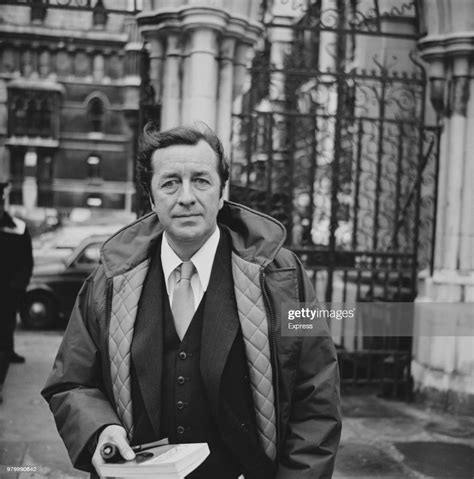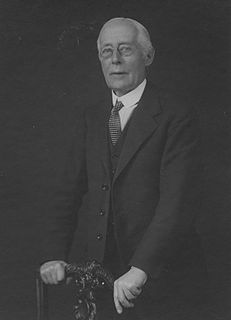A Quote by Thomas Jefferson
[T]he true key for the construction of everything doubtful in a law is the intention of the law-makers. This is most safely gathered from the words, but may be sought also in extraneous circumstances provided they do not contradict the express words of the law.
Related Quotes
The law is more easily understood by few than many words. For all words are subject to ambiguity, and therefore multiplication of words in the body of the law is multiplication of ambiguity. Besides, it seems to imply (by too much diligence) that whosoever can evade the words is without the compass of the law.
The law is equal before all of us; but we are not all equal before the law. Virtually there is one law for the rich and another for the poor, one law for the cunning and another for the simple, one law for the forceful and another for the feeble, one law for the ignorant and another for the learned, one law for the brave and another for the timid, and within family limits one law for the parent and no law at all for the child.
The doctrines thus delivered we call the revealed or divine law, and they are to be found only in the holy scriptures.. are found upon comparison to be really part of the original law of nature. Upon these two foundations, the law of nature and the law of revelation, depend all human laws; that is to say, no human laws should be suffered to contradict these.
As an attorney, I assure you the law isn't a line engraved in marble, immovable and unchangeable through the centuries. Rather the law is like a string, fixed at both ends but with a great deal of play in it very loose, the line of the law so you can stretch it this way or that, rearrange the arc of it so you are nearly always short of blatant theft or cold-blooded murder safely on the right side. That's a daunting thing to realize but true.
Much of the Constitution is remarkably simple and straightforward - certainly as compared to the convoluted reasoning of judges and law professors discussing what is called 'Constitutional law,' much of which has no basis in that document....The real question [for judicial nominees] is whether that nominee will follow the law or succumb to the lure of 'a living constitution,' 'evolving standards' and other lofty words meaning judicial power to reshape the law to suit their own personal preferences.

































